Pandemic doubles down on gambling addiction

The COVID-19 pandemic hit everyone hard.
People got sick. Money got tight. Fears rose. Addictions more than tripled.
Jayson Diorio relapsed. He found treatment for his substance abuse, but the 50-year-old Northfield salesman could not stop his gambling. Even outside of the casinos, under the pressures of quarantine, internet gambling and sports betting were just too accessible. Drugs fed his problems, but they also masked his addiction to the industry on which South Jersey relies.
“I was sober, but when COVID hit, I just fell off,” said Jayson. “I went back on opioids, just sat inside like the rest of the world, picked up the phone. That’s when my betting increased. It’s easy to get high and keep pressing a button. It’s just a click away.”
“They call it cross-addiction, when one issue feeds another,” said Felicia Grondin, director of the New Jersey Council on Compulsive Gambling, the state resource commonly known for its hotline, 1-800-GAMBLER, funded by Atlantic City’s casino industry. “In September, New Jersey was the first state ever to reach $1 billion in revenue from sports betting, which only started in 2018. They almost matched it in December. But it’s not just sports. IGaming — slots or card games online legalized in New Jersey in 2013 — hit an all-time high of $118,685,095 in July 2021.
“From 2019 through the time of the pandemic in 2020, our hotline calls alone have increased 400%. In 2021, they went up another 25% from there.”
ATLANTIC CITY — It’s official: New York is now the largest sports betting market in America …
Still, while a huge increase, iGaming and sports betting at its recent peak only made up for 29% of calls to 1-800-GAMBLER in 2021, up from 23% the previous year. Overall, the total calls received by 1-800-GAMBLER from the start of the pandemic jumped from 70,316 in 2020 to 90,821 in 2021, one of many dramatic increases in the rapid growth of all forms of gambling addiction seen nationwide.
Jayson was not part of this statistic. He never called. He continued both drugs and gambling. He lost it all: his job, his wife, his son. Under the pressures of quarantine, Jayson lost himself.
“For years, all of the things that we taught our clients to do — go to meetings, have positive social encounters, surround yourself with true friends — all of that was taken away very quickly,” said Sandy Androckitis, a Somers Point-based licensed professional counselor who can be found on the state’s treatment provider list for gambling addiction. “Quarantine has made, at least me as a practitioner, much more aware that previous teachings were one-sided.
“New tools of coping had yet to be taught. For someone in recovery or needing recovery from any addiction, adjusting and adapting to this new way of life has been more than a hardship. It has been a breaking point.”
Focusing on his substance abuse, Jayson started meetings at Northfield’s Achieve Wellness & Recovery, checking himself into assisted living at Atlantic Sober Living, separate facilities both co-owned and operated by Atlantic County residents Todd Duffy and Nicholas Spinelli.
“Jayson’s a great guy, and I’m proud he’s come a long way,” Duffy said. “The problem here is, even in a casino town required to address gambling addiction, the disease doesn’t get the attention it deserves. While our focus is substance abuse, we cannot turn a blind eye to any addiction. With Jayson, as with many of our clients, gambling is another vice he turns to for escape, especially when trapped in the face of COVID. The two addictions then fuel each other, but only one really shows, leaving the other ignored.”
ATLANTIC CITY — Casino gambling, sports betting and online wagering in New Jersey brought in…
Androckitis and Grondin could not agree more. To paraphrase both professionals, a gambling addiction does not have physical traits as do drug and alcohol addictions. Gambling can easily go unnoticed until the individual is already at rock bottom.”
Though successful in his substance abuse treatment with six months of sobriety, Jayson could not stop betting, and this was tempting his housemates. For Jayson to remain at the facility, Duffy and Spinelli had to ask him to join the Division of Gaming Enforcement’s Self-Exclusion List.
“The Self-Exclusion List is a great resource for anyone who cannot stop gambling,” said Spinelli. “You can sign up to ban yourself for one or five years, not only from the casinos, but from their websites as well.”
Jayson could not comply. Duffy and Spinelli were torn.
“Our goal is to end addiction, not replace one with another. Jayson refused that help here and elsewhere by continuing to gamble,” Duffy said. “Once he was able to go back to the casinos, he started enticing others in the home, placing them around their substance abuse issues and adding to his and their gambling addictions. The problem is, Jayson doesn’t think he has a gambling problem.”
“I like to bet,” said Jayson. “It’s something I’ve always done since my parents would play cards around the table. I don’t bet the shirt off my back, but casinos keep sending me comps. And you see the celebrity-packed commercials where every player is a big winner. They just keep at you, but I can handle it. I got to admit though,” he said with a laugh, “like the old joke goes, if you give me good enough odds that I won’t wake up tomorrow, I’ll probably take ’em.”
ATLANTIC CITY — Philadelphia developer Bart Blatstein broke ground Wednesday on a $100 milli…
Duffy and Spinelli were forced to ask Jayson to leave Atlantic Sober Living and discontinue his meetings at Achieve. Since then, with Duffy’s assistance, Jayson has secured himself a residence and employment, but still gambles with each check.
“Hey, I can’t say better things about Todd Duffy and Nick Spinelli at Achieve and Atlantic Sober Living. They really understand you. But my goal is to get my son back. That means staying sober and having a roof over my head. I’m doing that,” said Jayson. “And I understand that my gambling is an addiction like anything else, but it’s a hobby for me and I’m handling my business sober. So what? Who doesn’t bet around here?”
“For a person in recovery, any form of addiction can lead them back to their worst,” said Duffy. “That’s my fear for Jayson.”
Jayson continues steady substance abuse treatment meetings throughout South Jersey.
“I’d say I treat my gambling through my Twelve Steps meetings,” said Jayson. “When I wasn’t sober back in the day, I was always betting sports with money I didn’t have, then I got big on poker, but now it’s just slots. That’s all. Besides,” he continued, “I’m sure there are Gambler’s Anonymous meetings around, but I wouldn’t even know where to go.”
Enter Grondin. While Grondin agrees substance abuse treatments are more common, it’s her job to raise compulsive gambling treatment awareness to locals like Jayson.
TRENTON — Bills to allow surcharges on casino hotel rooms to fund public safety, to provide …
“We’re right here,” she said, “800-GAMBLER, required on every casino website. Give us a call or go to www.800gambler.org for a list of treatment providers in your county and we’ll get you the help needed.
“Remember,” she added, “March is Gambling Addiction Awareness month, not just March Madness for college basketball. If coping with COVID-19 is increasing your urgency and need to gamble, at 800-GAMBLER we want to remind you that you are not alone. Our helpline remains available 24 hours, 7 days a week to provide support, treatment and hope to those in need.”
Maybe Jayson will call.
“Don’t bet on it,” he said. “But maybe.”
"It’s easy to get high and keep pressing a button. It’s just a click away."
Jayson Diorio
Chronic gambler and opioid user







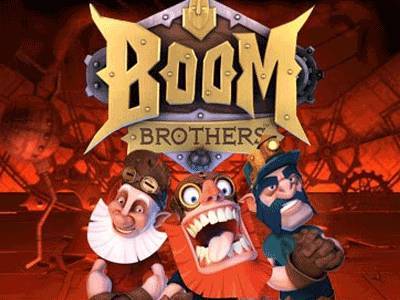
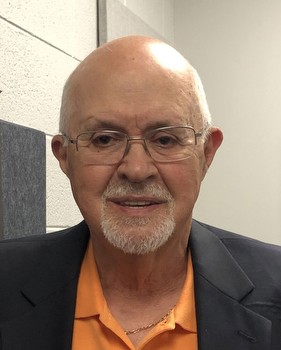
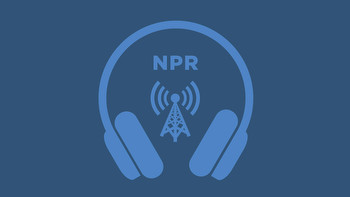


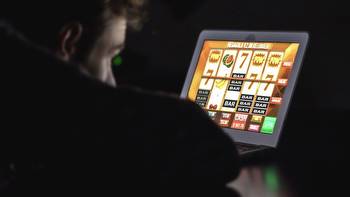
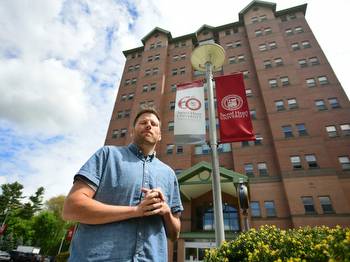
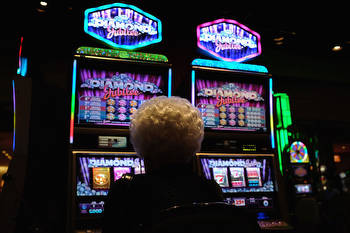
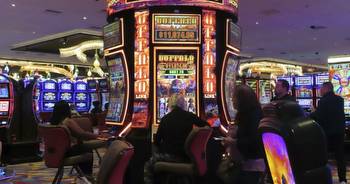



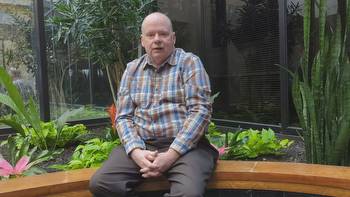

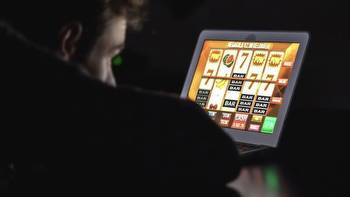
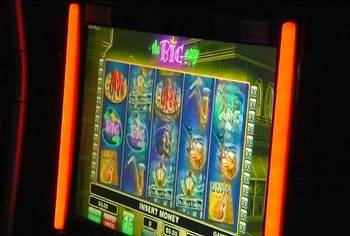
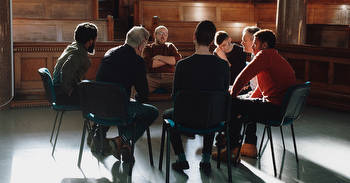

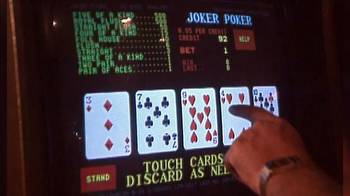
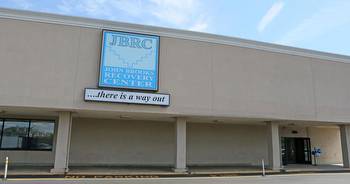

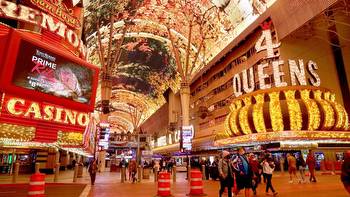

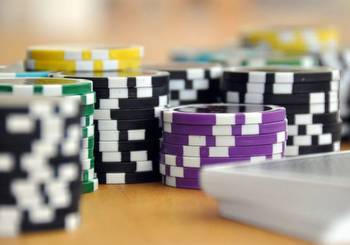

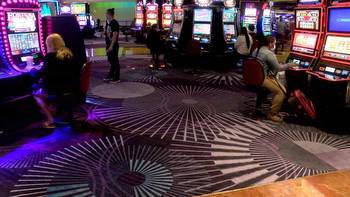
.jpg)



